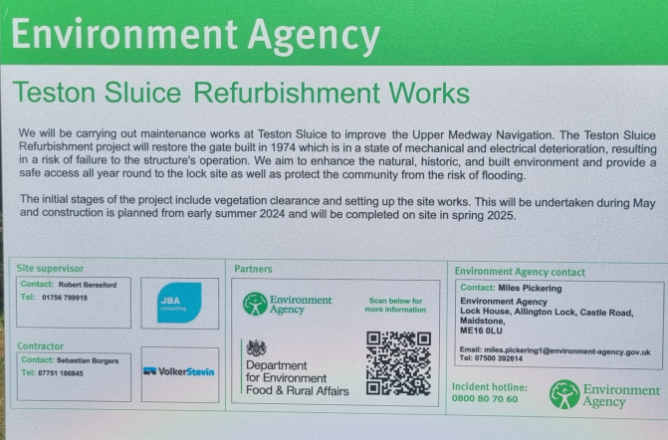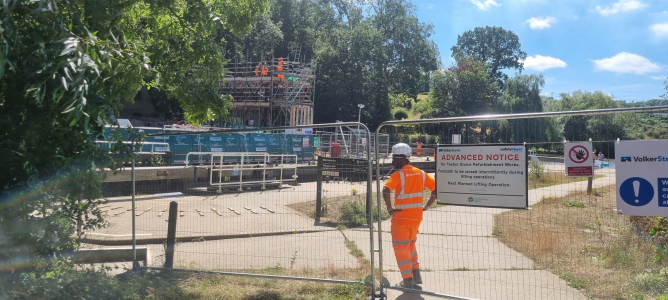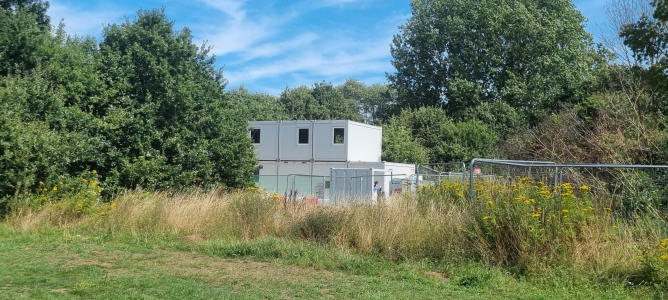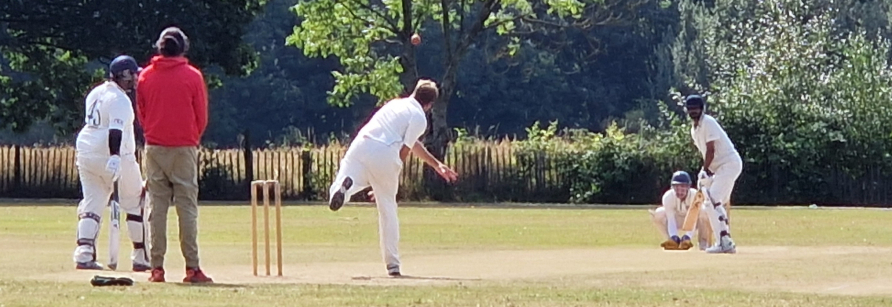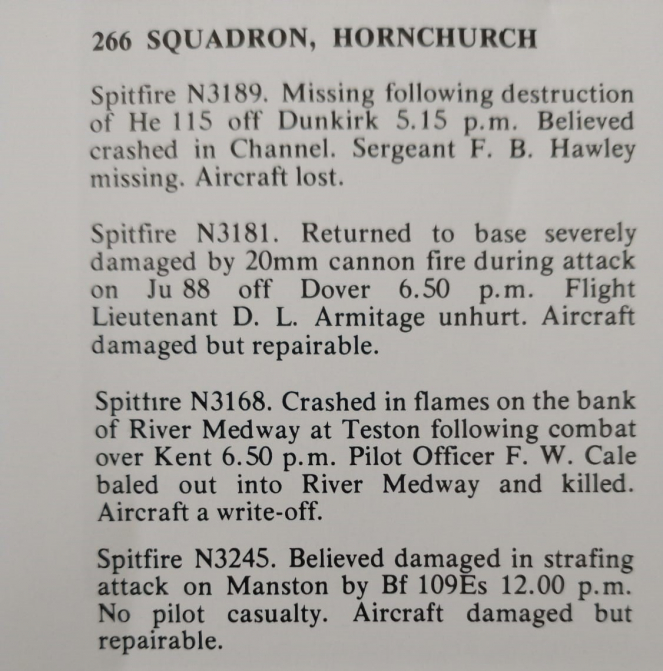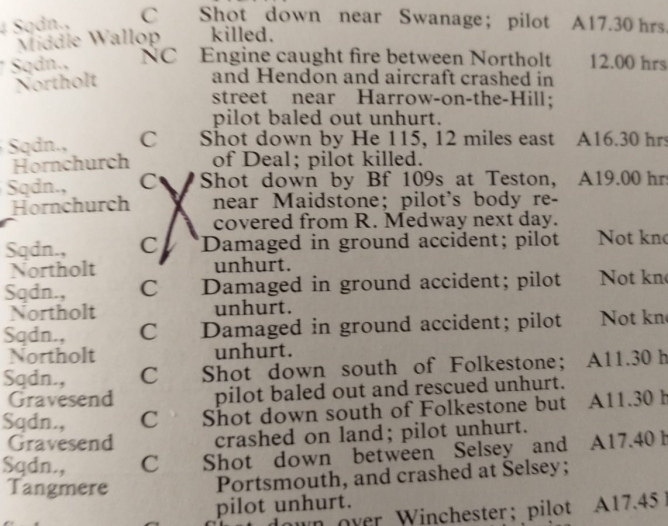How to win Monopoly in the shortest possible time by Cliff Kirk-Brown
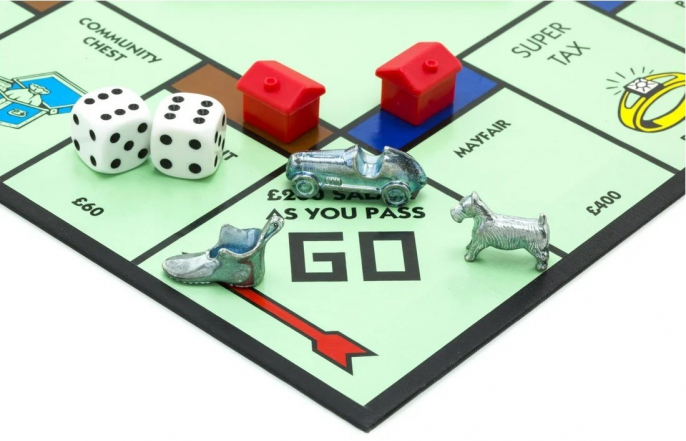
Monopoly has a reputation for causing more arguments and cries of “that’s not fair” than any other board game, with the problem of many players having their own “House” rules or amendments to how the official game should be played. In particular the rules governing the collecting of rent while in Jail and the Auctioning of Properties seems to cause the most disagreements.
The other reason Monopoly received poor press in some quarters is the length of time the average game takes to find a winner, even in the Time Limited Mode. But what if you could complete the game in as little as eight roles of the dice? The following scenario promises just that, but the odds of achieving it are on the long side.
Your mission, should you decide to accept it, is to calculate the odds of the following scenario. The maths is quite simple, but just like the game, the calculation does go on and on and on….
Player 1, Turn 1:
Roll: A twelve, Lands on The Electric Company
Action: Property goes to Auction, and Player Two buys the Electric Company for 50% of its face value £75. Player Two now has £1,425. Player 1 rolled a Double, therefore, rolls again.
Roll: A twelve, Lands on Trafalgar Square
Action: Property goes to Auction, and Player Two buys Trafalgar Square for 50% of its face value £120. Player Two now has £1,305. Player 1 rolled a Double, therefore, rolls again
Roll: A nine, Lands on Community Chest “Bank error in your favour, Collect £200”
Action: Collects £200 (now has £1700)
Player 2, Turn 1:
Roll: 3-1, Lands on Income Tax
Action: Pays Income Tax of £200 (now has £1,105).
Player 1, Turn 2:
Roll: A double two, Lands on Park Lane
Action: Purchase (£350, now has £1,350), Rolled a Double, therefore rolls again
Roll: A double one, Lands on Mayfair
Action: Purchase (£400, now has £950), Purchase 4 houses, 2 for Mayfair and 2 for Park Lane (4 houses at £200 each, now has £150), Rolled a Double, therefore rolls again
Roll: any number other than a three or a five.
Action: Collect £200 for passing GO (now has £350), Purchase 1 house for Mayfair (now has £150)
Player 2, Turn 2:
Roll: A three, Lands on Chance, “Advance to Mayfair”
Action: Advance to Mayfair, Rent is £1,400, Player Two only has £1,105, but can increase this to £1,300 through mortgaging the two properties, but remains Bankrupt.
The above scenario assumes that there are 16 each of the Chance and Community Chest Cards and that Player 1 takes a “Kamikaze” approach leaving them little money in reserve.
The original scenario was taken from the internet and was based on the New York version of the game using nine rolls of the dice. In Anglicising the above, I found that it can be completed in eight rolls, thereby reducing the odds published on the web. The BBC website has a further refinement of the above, reducing it to seven rolls, but gives no actual details of how this is achieved.
I hope you have fun. You will find the solution below...it's not going to happen every day.
Cliff
A recap of the rules
Buying Property - Whenever you land on an unowned property, you may buy that property from the Bank at its printed price. You receive the Title Deed card showing ownership; place it face up in front of you.
If you do not wish to buy the property, the Banker sell it at Auction to the highest bidder. The buyer pays the Bank the amount of the bid in cash and receives the Title Deed for the property. Any player, including the one who declined the option of buying it at the printed price, may bid. Bidding may start at any price.
Income Tax - If you land here, you have two options: You may estimate your tax at £200 and pay the Bank, or you may pay 10% of your total worth to the Bank. Your total worth is all your cash on hand, printed prices of mortgaged and unmortgaged properties and the cost price of all buildings you own. Note: Older versions of the game do not allow the 10% rule, and the full £200 must be paid.
Jail - Even though you are in jail, you may buy or sell property, buy, or sell houses and hotels and collect rents.
Houses - When you own all the properties in a colour group, you may buy houses from the Bank and erect them on those properties. If you buy one house, you may place it on any one of those properties. The next house you buy must be erected on one of the unimproved properties of this or any other complete colour group you own.
Following the above rules, you may buy and erect at any time as many houses as your judgement, and financial standing will allow. But you must build evenly, i.e., you cannot erect more than one house on any property of any colour group until you have built one house on every property in that group. You may then begin on the second row of houses, and so on, up to the limit of four houses to a property.
How to win Monopoly in the shortest possible time – SOLUTION
Player 1, Turn 1:
Roll: 6-6, Lands on The Electric Company
Odds of rolling a double are 1 divided by 36 possible outcomes (1 in 36).
Roll: 6-6, Lands on Trafalgar Square
Odds of rolling a double are 1 divided by 36 possible outcomes (1 in 36).
Roll: 4-5 or 6-3, Lands on Community Chest
Odd of rolling a nine are 4 possibilities (3,6, 4,5, 5,4 & 6,3) divided by 36 possible outcomes (1 in 9).
Player drawers “Bank error in your favour, Collect £200”
Odds of drawing the card is 1 in 16.
The probability of Player One, Turn one occurring is 1/36 x 1/36 x 1/9 x 1/16 = 1/373248 A
Player 2, Turn 1:
Roll: 3-1, Lands on Income Tax
Odds of rolling a 4 without rolling a double I.E 1-3 are 2 divided by 36 possible outcomes (1 in 18)
The probability of Player Two, Turn one occurring is 1/18 B
Player 1, Turn 2:
Roll: a double two, Lands on Park Lane
Odds of rolling a double two are 1 divided by 36 possible outcomes (1 in 36)
Roll: a double one, Lands on Mayfair
Odds of rolling a double one is 1 divided by 36 possible outcomes (1 in 36)
Player One rolls any number other than a double or a 3, or 5. Rolling 3 results in landing on Community Chest and 5 results on landing on Income Tax.
Odds of rolling any number other than a double or a 3, or 5 are (36- (1,2, 2,1, 1,4, 2,3, 4,1, 3,2, 1,1, 2,2, 3,3, 4,4, 5,5, 6,6)) or (12 in 36) or (1 in 3)
The probability of Player One, Turn Two occurring is 1/36 x 1/36 x 1/3 = 1/3888 C
Player 2, Turn 2:
Player rolls a Three, Lands on Chance
Odds of rolling a Three are 2 possibilities (1,2 & 2,1) divided by 36 possible outcomes (2 in 18) or 1/9
Player draws the "Proceed to Mayfair" card.
The odds of drawing the correct card from the pack of 16 is 1/16
The probability of Player Two, Turn Two occurring is 1/9 x 1/16 = 1/288 D
Chances of entire scenario playing out is A x B x C x D or
1/373248 x 1/18 x 1/3888 x 1/288 = 1/3761479876608 or
Three trillion, seven hundred sixty-one billion, four hundred seventy-nine million, eight hundred seventy-six thousand, six hundred and eight to 1. Now that’s pretty long odds.
In the words of Joshua, the supercomputer in the 1983 film War Games, “the only winning strategy in not to play”.
I’d like to say thanks to all of those people who checked my maths and the scenario for errors.
